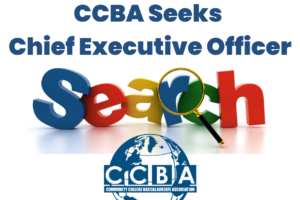Community Colleges: A Growing Force in Bachelor’s Degree Attainment
by Dr. Angela Kersenbrock , President, CCBA
I recently had the privilege of speaking at the 2025 Teaching, Learning and Student Development Conference hosted by Bristol Community College in Massachusetts. I addressed a significant trend in higher education: the rise of community college bachelor’s degrees (CCB). Thank Dr. Andrew Fisher, VP of Academic Affairs at Bristol Community College, for his leadership in organizing this conference and inviting me to present.
While Massachusetts currently has one community college, Quincy College, offering BS programs in Business Management, Computer Science, and Psychology, other Massachusetts community colleges are now considering adding baccalaureate programs to meet the needs of their regions. These initiatives underscore the commitment to addressing the needs of underserved students and specific labor market demands. According to labor data in Massachusetts, there is significant workforce need in healthcare, hospitality, nursing, skilled trades, and technology.
Community Colleges can help meet these labor needs while providing access and opportunity to underserved students by filling vital gaps:
- Workforce Demand: CCB degrees are laser-focused on high-demand areas, building directly on Associate’s degrees to provide a seamless pathway to career advancement.
- Accessibility and Equity: They provide accessible and affordable pathways to bachelor’s degrees, particularly for underserved students who may not otherwise have the opportunity.
- Economic Development: By aligning with regional economic needs and workforce demands, CCB programs contribute directly to the vitality of their communities.
Key Takeaways
- The growth of CCB programs is driven by a clear need to address workforce gaps, promote equity, and support economic development.
- These programs offer accessible, affordable, and career-focused pathways to bachelor’s degrees, particularly for students who may not otherwise have the opportunity.
- Organizations like the Community College Baccalaureate Association provide resources and support to ensure the quality and effectiveness of CCB programs.
I’m excited to see how community colleges will continue to evolve and expand their role in providing high-quality, accessible education and workforce development opportunities.




